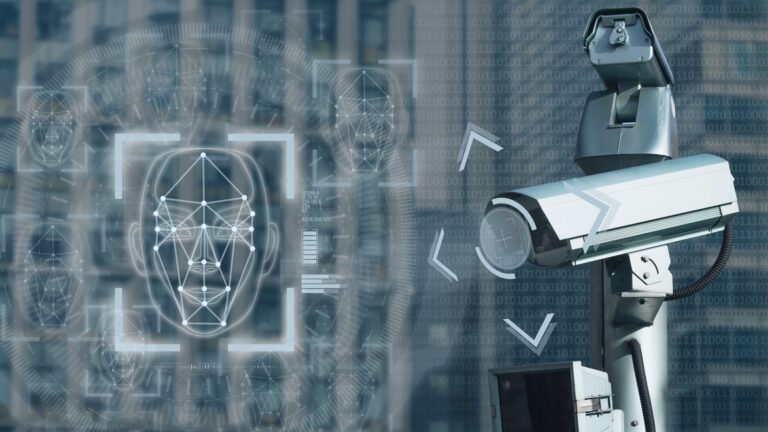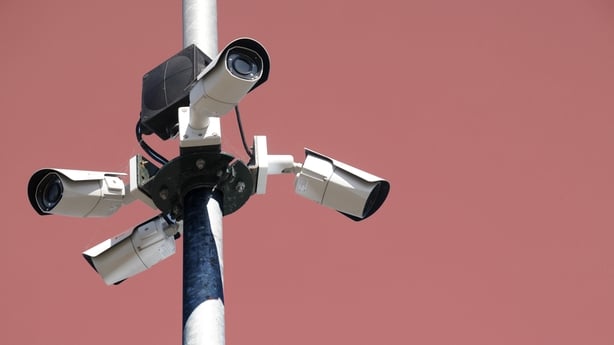
The Minister for Justice plans to introduce facial recognition technology to enable gardaí to conduct rapid automated searches for suspects in criminal investigations.
Helen McEntee will tell the Garda Representative Association annual conference this morning that there are occasions where public safety, tackling crime and national security must override the absolute right to privacy.
The GRA has given the announcement a cautious welcome but said it wants to see the detail of what is being proposed.
The Irish Council for Civil Liberties (ICCL) said it is “strongly opposed” to the use of facial recognition technology in law enforcement.
Facial recognition technology enables police to carry out automated searches of CCTV footage or video for suspects in criminal investigations.
It is currently used by Europol, Interpol, the UK National Crime Agency and the US National Centre for Missing and Exploited Children.
The minister wants to make it available to gardaí, who currently need to trawl manually through hundreds of hours of CCTV, as has happened in some murder cases.
Ms McEntee says it can be used to identify an offender or prove a person’s innocence and would be hugely beneficial, particularly in cases of child exploitation.
The GRA said anything that enables its members to protect people and tackle crime more effectively would be beneficial.
Association President Brendan O’Connor warned, however, that technology is not without its flaws.
Rank and file gardaí would want to see the detail of what is proposed, he added.

The ICCL said it strongly opposes the use of facial recognition technology in law enforcement or public spaces because of what it said was “the extreme risk” it poses to people’s rights.
It said there have been problems with the technology particularly in relation to the identification of people who are “minorities and not white” and that in the USA, there is a history of cases of wrongful arrest.
The ICCL also said it would be particularly concerned about the move to authorise FRT for An Garda Síochána “given their poor record on data protection” .
The group said that neither An Garda Síochána nor the Department of Justice have demonstrated that using FRT is either necessary or proportionate – a legal requirement under human rights law.
The minister intends to seek Cabinet approval to include the proposed measures around facial recognition as committee stage amendments to the forthcoming Garda Síochána (Recording Devices) Bill.
The proposed legislation will also allow for the introduction of bodyworn cameras for gardaí, as well as strengthening provisions around CCTV and Automatic Numberplate Recognition.
It is expected to be enacted by the end of the year.